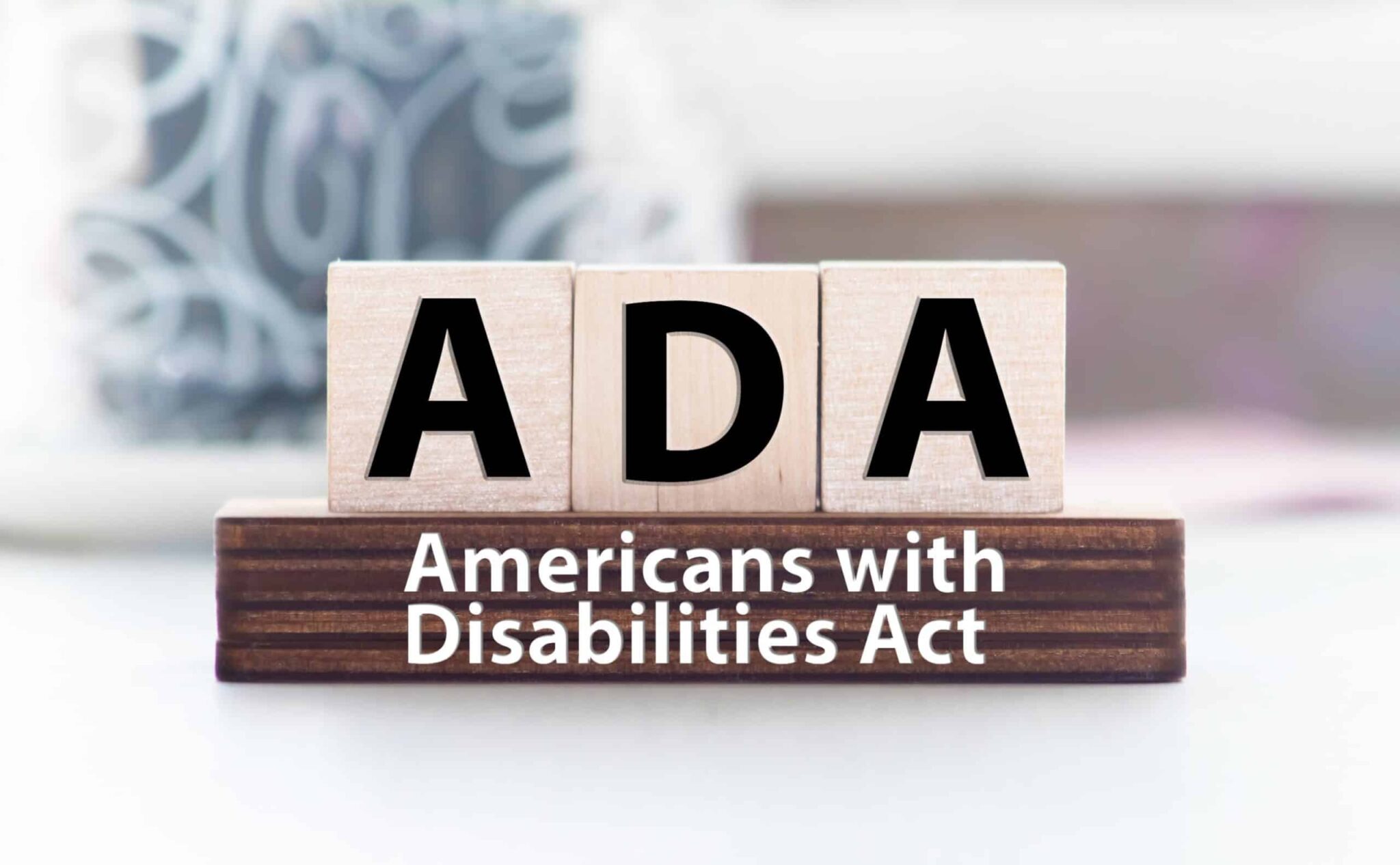FL ADA Violations: Can You Sue?
The Americans with Disabilities Act was a groundbreaking piece of legislation. It was passed to give protections to those who have disabilities, providing them with the same opportunities as everyone else.
Many things are covered under the ADA, from housing to employment to transportation. If you are disabled and feel the ADA has been violated and you’ve been discriminated against due to your disability, then you may have the right to sue to have the situation rectified. No employer is too big, either, as even large Orlando-based companies have been sued over ADA violations.
Read on to find out how the ADA works to protect your rights and what you can do when those rights are violated in Florida.
What Are Your ADA Rights in Florida?
Under the ADA, rights are extended to many different types of people with a wide range of disabilities. Under the law, disability is characterized as a mental or physical impairment that restricts life’s major activities but also covers disabilities that require special education and other services.
The disabilities covered by the ADA include:
- Hearing impairment
- Vision impairment
- Mobility impairment
- Learning disability
There are also special conditions that are covered. These include those with disabilities that require special considerations or schedules, such as those with cancer or those who are pregnant.
What Is Considered an ADA Violation in FL?
The ADA is a federal law, so it is applicable in all 50 states, including Florida. An ADA violation can take place in a variety of areas that are protected under the law – in employment, housing, transportation, or public accommodations.
Both private and public employers are subject to the ADA. They cannot discriminate based on a person’s disability in any part of their work or employment. A person’s disability status cannot enter into decisions regarding hiring, promotions, job assignments, firings, or evaluations. The ADA also protects individuals from retaliation when a complaint is filed against the employer.
For housing, no one can be discriminated against because of their disability when it comes to the rental or sale of a home, programs, services, activities provided, or facilities that aren’t accessible to those with disabilities.
In regards to transportation, public transport is to be accessible to those who are disabled. Common violations include lack of ramps or handicapped seating, special charges for passengers who are disabled, or harassment that causes a disabled person not to use public transport.
Finally, public accommodations are the last area governed by the ADA. Public areas such as sidewalks, restrooms, stores, and restaurants have to be accessible to those with disabilities.
They must, for example, have wheelchair ramps, handrails, or handicapped parking spots in order to be compliant with the law.
Filing an ADA Lawsuit in Florida
If you believe your rights under the ADA have been violated and you want to bring a lawsuit, the first step is to meet with an experienced attorney in the proper jurisdiction. In other words, ensure the attorney is local to the area where the violation occurred since they know the local court system well and can help represent you.
It’s vital to understand that winning an ADA lawsuit won’t shower you in money, as there is no payout to the plaintiff in these types of lawsuits. Rather, the lawsuit’s aim is to fix the way in which a person with a disability is being discriminated against so that it doesn’t happen again. The entity that is sued will have a certain amount of time to remedy the situation.
About the Author:
Andrew Winston is a partner at the personal injury law firm Winston Law. For over 20 years, he has successfully represented countless people in all personal injury cases, focusing on child injury, legal malpractice, and premises liability. He has been recognized for excellence in representing injured clients by admission to the Million Dollar Advocates Forum and named one of America’s Top 100 High-Stakes Litigators. Mr. Winston is AV Preeminent Rated by the Martindale-Hubbell Law Directory, enjoys a 10.0 rating by AVVO as a Top Personal Injury Attorney, and has been selected as a Florida “SuperLawyer” from 2011-2022– an honor reserved for the top 5% of lawyers in the state – was voted to Florida Trend’s ”Legal Elite,” recognized by Expertise as one of the 20 Best Fort Lauderdale personal injury attorneys, named one of the Top 100 Lawyers in the Miami area for 2015-2022, and one of the Top 100 Lawyers in Florida for 2015-2017 and 2019-2022.
 Injured in a FL Gym? Find Out Who is Liable
Injured in a FL Gym? Find Out Who is Liable 

















